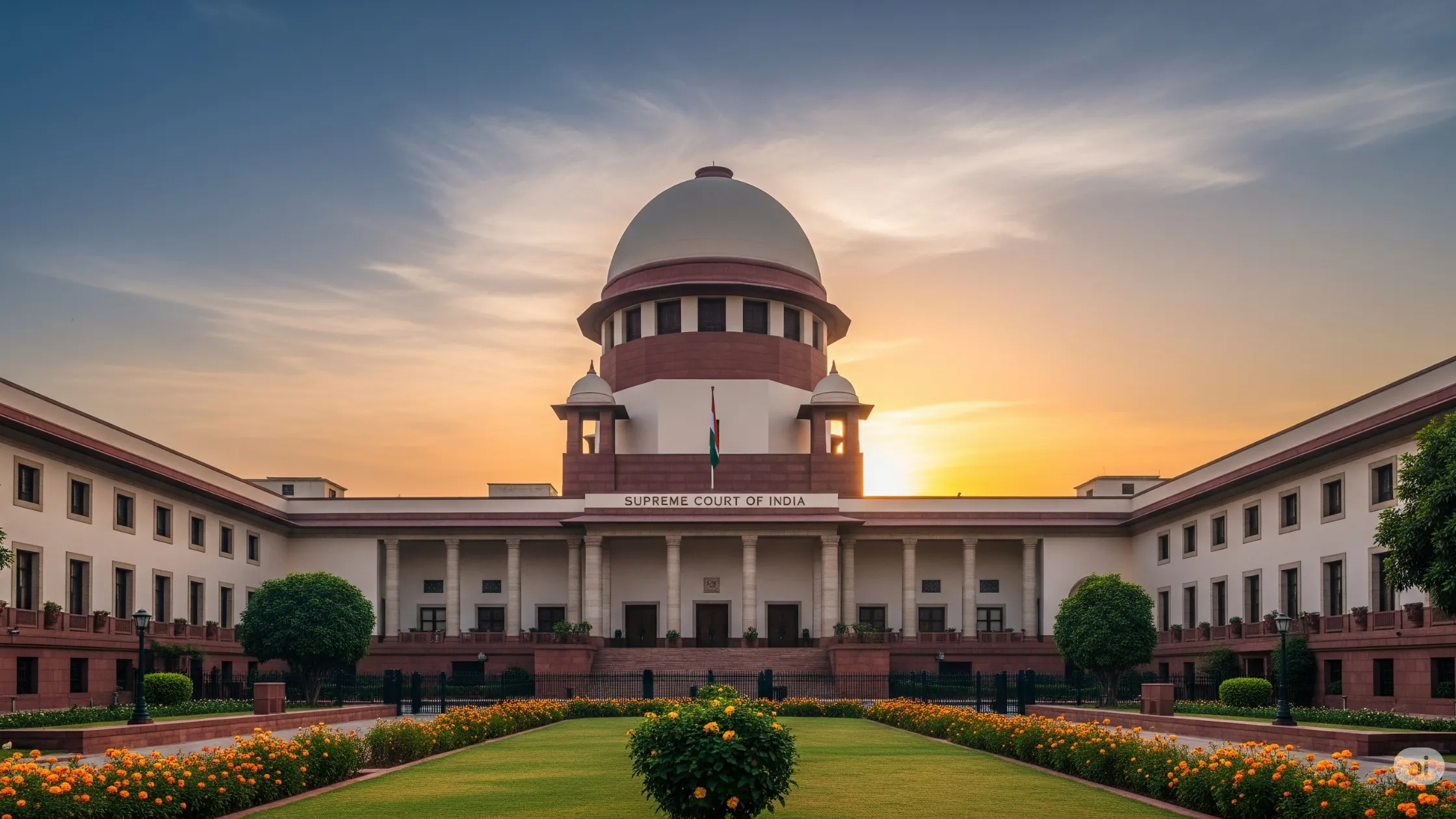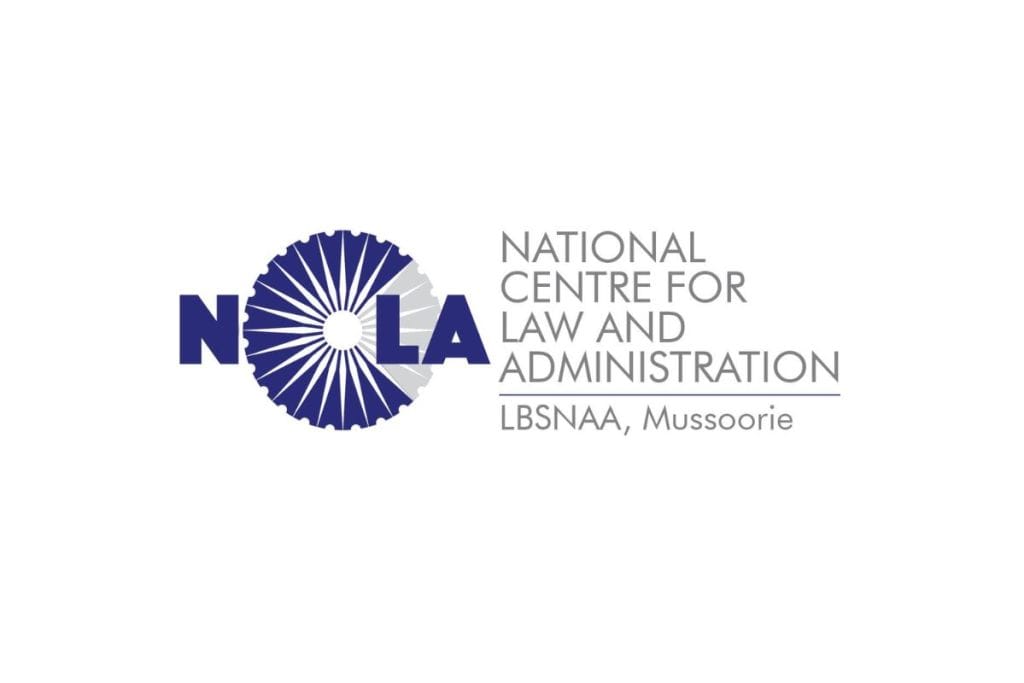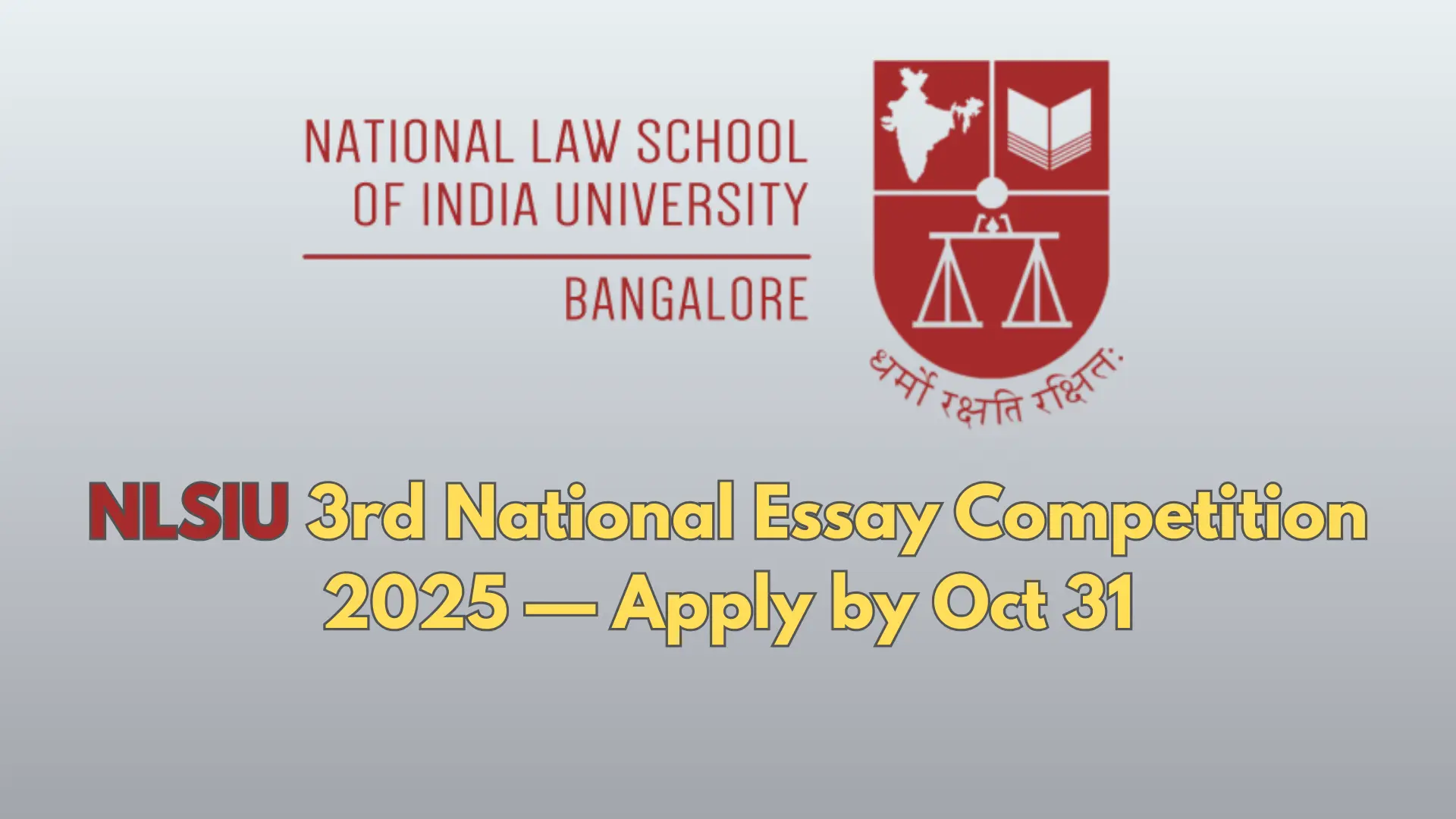Case Citation : Vikash Kumar v. Union Public Service Commission & Anr., Supreme Court of India, (2024) SCC OnLine SC 1025
Introduction
The decision in Vikash Kumar v. UPSC represents a transformative step in the expansion of the right to equality under Articles 14 and 21 of the Constitution, particularly in the context of the rights of persons with disabilities (PwDs). The case involved the petitioner, a civil service aspirant suffering from dysgraphia (writer’s cramp), who was denied a scribe during the Civil Services Examination despite holding a valid disability certificate. The matter raised significant constitutional questions regarding inclusivity, equal opportunity, and the scope of reasonable accommodation under the Rights of Persons with Disabilities Act, 2016 (RPwD Act).
The Supreme Court’s judgment not only broadened the interpretation of “reasonable accommodation” but also reaffirmed that equality is not merely formal but substantive — ensuring that every individual is enabled to participate fully in public life. This case marks a landmark in harmonizing domestic disability rights law with India’s international commitments under the UN Convention on the Rights of Persons with Disabilities (UNCRPD).
Facts of the Case
Parties Involved:
- Petitioner: Vikash Kumar, a civil service aspirant diagnosed with dysgraphia.
- Respondents: Union Public Service Commission (UPSC) and Department of Personnel and Training (DoPT).
Relevant Facts:
The petitioner, despite being medically certified as a person with a disability, was denied the assistance of a scribe for the Civil Services (Main) Examination because his condition was not listed among the specified categories eligible for scribes. UPSC maintained that scribes were only provided to candidates with benchmark disabilities as defined under the 2016 Act.
The petitioner contended that this rigid interpretation discriminated against individuals with non-benchmark disabilities and effectively excluded them from competing on equal footing.
Procedural History:
The Delhi High Court initially dismissed the petition, holding that the petitioner did not fall within the prescribed categories of benchmark disabilities. On appeal, the Supreme Court admitted the matter and examined whether the denial of reasonable accommodation amounted to discrimination and whether the right to equality extended to non-benchmark disabilities as well.
Legal Issues
- Whether the denial of a scribe to the petitioner amounted to a violation of Articles 14 and 21 of the Constitution.
- Whether the UPSC and DoPT were correct in restricting scribe facilities only to persons with benchmark disabilities.
- Whether “reasonable accommodation” under Section 2(y) of the RPwD Act extends to all persons with disabilities, irrespective of benchmark classification.
Court’s Decision
Holding:
The Supreme Court allowed the appeal and directed the UPSC to provide a scribe to the petitioner. It held that restricting the facility to benchmark disabilities was arbitrary and inconsistent with the purpose of the RPwD Act and the UNCRPD.
Legal Reasoning
Majority Opinion (Justice D.Y. Chandrachud and Justice Indu Malhotra):
The Court adopted a rights-based approach, emphasizing that the denial of a scribe constituted a direct infringement of the petitioner’s right to equality and dignity. It held that the RPwD Act was enacted to ensure full participation and inclusion, not merely to provide charity or welfare.
- Equality under Article 14: The Court ruled that discrimination includes both direct and indirect forms. By imposing a rigid benchmark threshold, the authorities created an unreasonable classification that excluded deserving candidates like the petitioner.
- Right to Life and Dignity (Article 21): The Court observed that equal participation in examinations is integral to human dignity. Denial of necessary assistance can impair an individual’s autonomy and sense of self-worth.
- Reasonable Accommodation: Citing Section 2(y) and Section 3 of the RPwD Act, the Court clarified that reasonable accommodation is a dynamic obligation and must be assessed based on individual needs, not standardized disability categories.
- International Obligations: Referring to Articles 2 and 5 of the UNCRPD, the Court emphasized India’s duty to ensure substantive equality and prevent exclusionary practices.
Statutes and Precedents Cited:
- Rights of Persons with Disabilities Act, 2016 (Sections 2(y), 3, 20).
- Jeeja Ghosh v. Union of India, (2016) 7 SCC 761.
- Union of India v. National Federation of the Blind, (2013) 10 SCC 772.
- Articles 14, 19(1)(g), and 21 of the Constitution of India.
Dissenting Opinions:
None – the judgment was unanimous.
Impact of the Case
Legal Precedent:
The ruling expanded the jurisprudence of equality by recognizing that “reasonable accommodation” applies to all persons with disabilities, not merely those with benchmark disabilities. It mandated that public authorities must adopt inclusive measures to ensure accessibility and participation.
Social Impact:
The judgment sensitized public institutions to the lived realities of individuals with non-benchmark disabilities. It transformed the approach from charity to empowerment, encouraging systemic reforms in examination and employment processes.
Administrative Impact:
The DoPT subsequently revised its disability guidelines for competitive examinations, making scribes and assistive measures available to candidates with all types of disabilities, subject to the principle of functional necessity.
Analysis
Critical Analysis:
The Court’s decision in Vikash Kumar is a major advancement in the constitutional discourse on equality. It moves away from formal equality — treating all persons alike — toward substantive equality, which recognizes differences and seeks to neutralize their disadvantages. The judgment operationalizes the idea that equality sometimes requires differential treatment to achieve genuine fairness.
Strengths:
- Reinforces the principle of substantive equality and dignity.
- Broadens the interpretation of “reasonable accommodation” beyond benchmark disabilities.
- Aligns Indian disability jurisprudence with international human rights norms.
Weaknesses:
- The judgment did not specify a uniform mechanism for determining eligibility for reasonable accommodation, potentially leaving scope for administrative ambiguity.
- Implementation at the ground level remains inconsistent due to institutional inertia.
Alternative Outcomes:
The Court could have directed the Union Government to establish a central authority to standardize reasonable accommodation measures across all public examinations and employment systems, ensuring uniform enforcement.
Conclusion
The Vikash Kumar v. UPSC judgment is a defining moment in the evolution of India’s equality jurisprudence. It reaffirms that the true measure of equality lies not in treating everyone identically, but in recognizing and accommodating individual differences. By interpreting the RPwD Act in harmony with constitutional guarantees and the UNCRPD, the Court underscored that inclusivity is not optional — it is a constitutional necessity.
This decision has far-reaching implications for administrative policy, examination authorities, and employment systems. It ensures that persons with disabilities are not marginalized by procedural rigidity but are empowered through meaningful inclusion. In essence, Vikash Kumar extends the promise of the Constitution to all — ensuring that equality, dignity, and participation are not privileges but rights.








